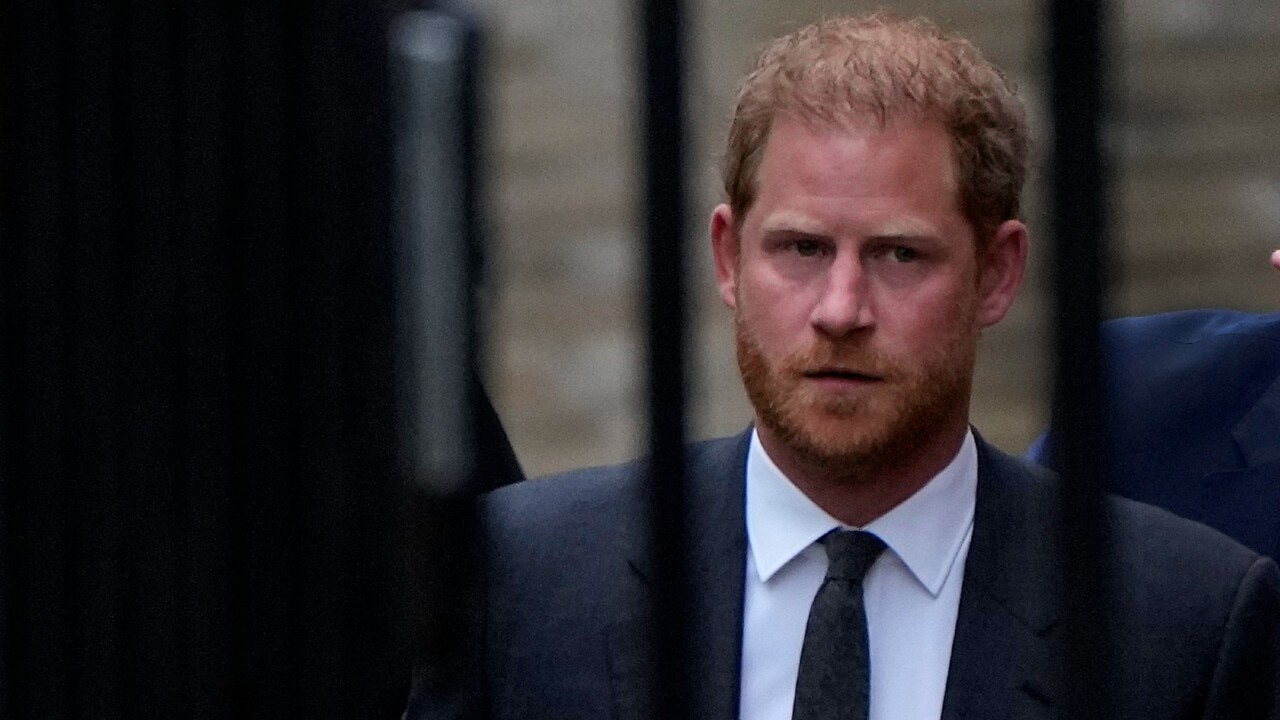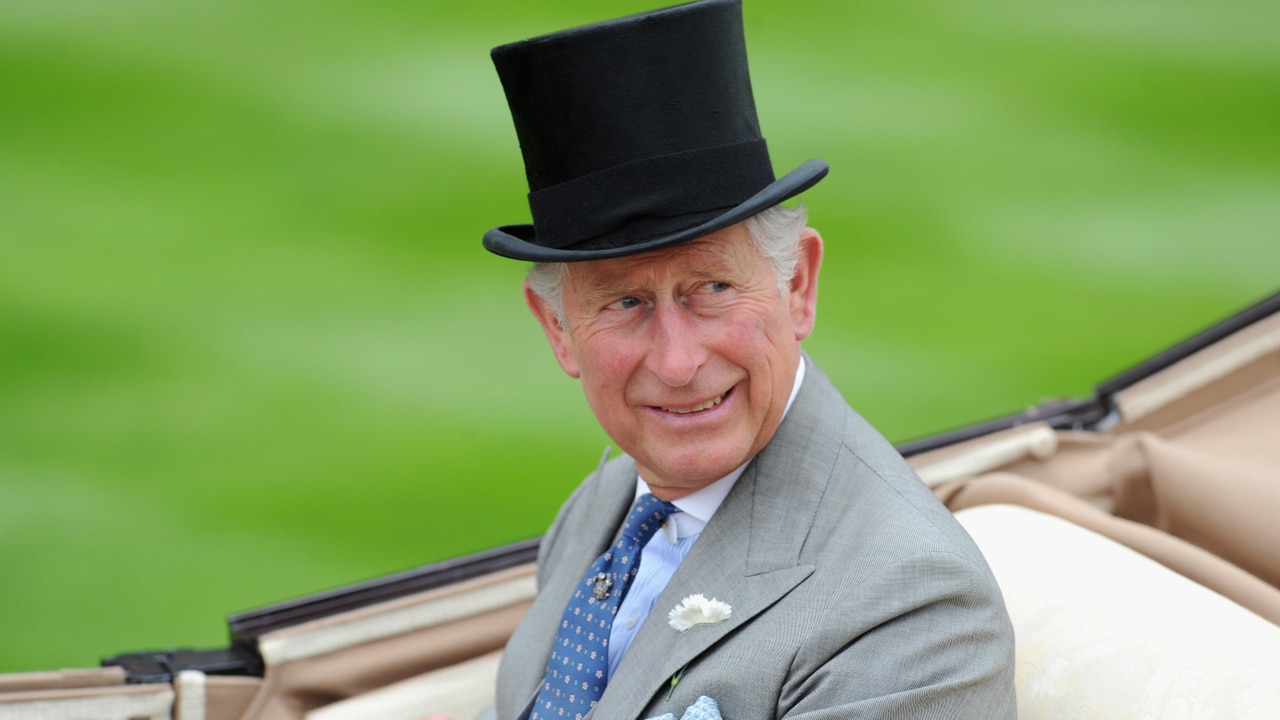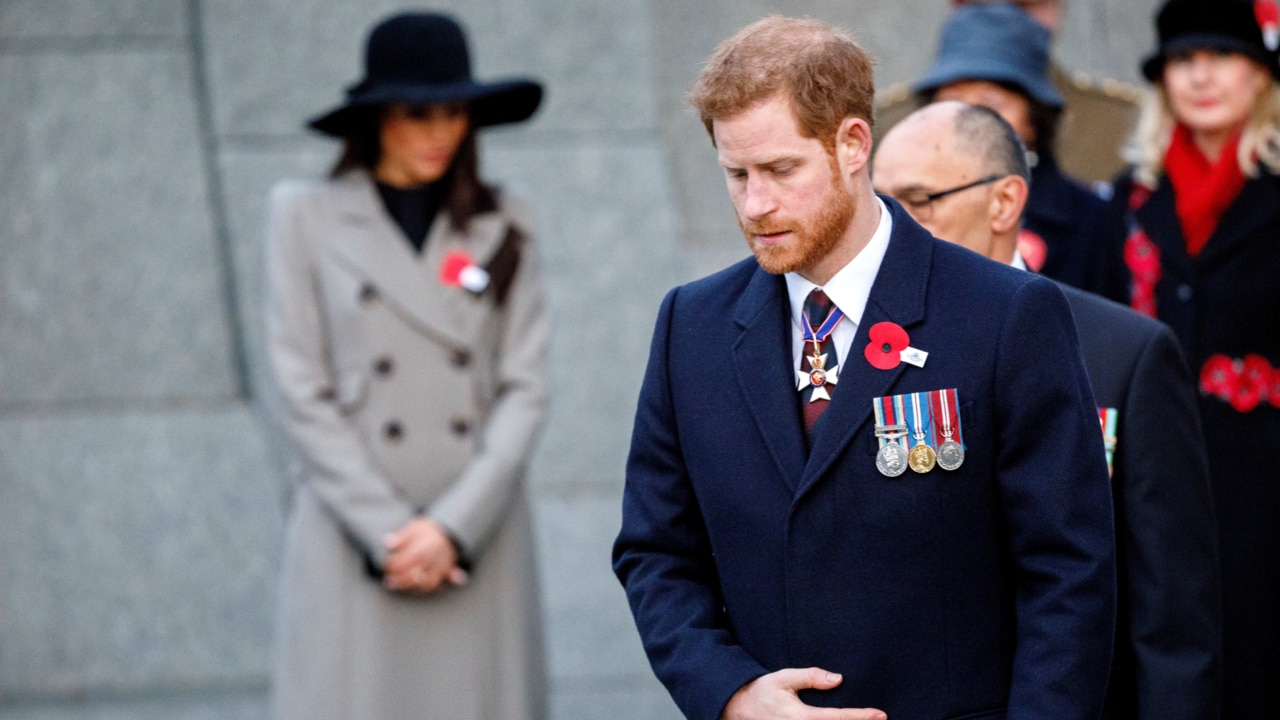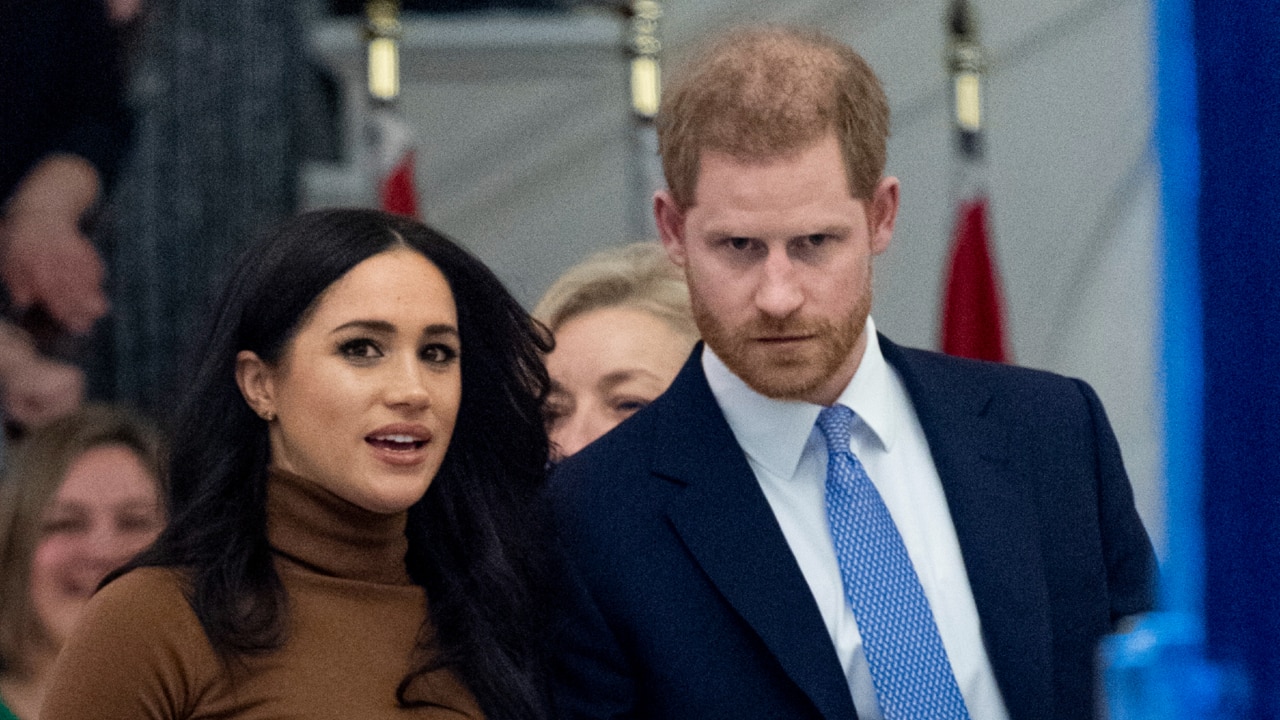Failure of Prince Harry's PR war will be clear for all to see on May 6
The royal war is over. Harry lost. It's easy to reduce the principals in royal dramas to caricatures.
In reality, even with the likes of Meghan Markle, there are complex inter-personal connections, neuroses, histories and grievances.

But in entering into public power plays and airing dirty laundry, with revelations and confessions dubiously intertwined with revenue making, being no-holds-barred authentic, but quite performatively aware of the cameras, they also invite a fair bit of satire. During the royal fallout, the "establishment" faction of Charles and William took the conservative approach, relying on the entrenched good-will toward the institution, taking the longer view - which is always the best bet when it comes to such royal dramas. All the while, they maintained a clockwork schedule of duties, adhering to that enduring royal motto: "never complain, never explain."
This approach, which everyone knew would inevitably be the successful one, also had the subliminal effect of undermining Harry and Meghan's assertions about "survival" and "escape" and being on their psychological last-legs - dramatic notions a little hard to square with the balding, jeans-wearing Dad posing with his three kids in holiday photoshoots, the kids hoisted into trees, beaming with gap-toothed smiles, or Charles sauntering about with Camilla at church services and examining dialysis machines. The pincer movement - of the redoubtable establishment, and the ruthless satire of contemporary pop-culture icon South Park, effectively meant Harry was going to achieve a kind of public catharsis for himself, and ample financial security, but, in the bigger picture, come off second best. Along the way, the prince has made some fundamental errors.
In the late nineties, Princess Diana was raw and confessional, especially in her interview in which she revealed "there were three in that marriage, so it was a bit crowded". The distinction with her is that, while coming from a fairly upper-crust background, there was a wholly different order of magnitude in terms of joining "The Firm", so she was a "commoner", inveigled, at a tender young age, into an institutional machine for which she was simultaneously the brightest draw, and the least comfortable and integrated. Millions of everyday magazine readers were compelled, initially, by the classic fairytale scenario, the notion of her as an ornament to society - and later by the idea of her as a strung-out, hampered, emergingly independent woman from a different world - the princess trapped in the castle.
The collapse of the marriage, and sense of her straining to reinvent herself, further raised her astonishing profile. All of this stemmed from her initial outsider status. Harry has a few of those elements: the "spare" younger brother, the lack of modern, sympathetic "wraparound" care, for which he can claim a legitimate extent of grievance, and the sting, by association, and out of solidarity, with murkily unclear racial bias in relation to his wife.
But it's not anywhere near the same scale or intensity of that endured by his late mother.

He lost a parent at a vulnerable age. But plenty of people have endured that. He lived largely overshadowed by influential and powerful figures; but plenty of people do that too; and it isn't necessarily reliant on class or affluence: many families have powerful and domineering patriarchs, or matriarchs, who can be lower-middle or working class, and who still imbue decades of family life with resentment, psychological complexes and division.
They don't get book deals, or bookings on TV shows. His father was inadequately muted emotionally when delivering the fateful news. Grievous, no doubt; but almost two decades is sufficient time to process that, especially with the old man himself, and discretely put it to bed within the sphere of family, where such intimacies belong.
Relating how your older brother spurned you on your first day of school, saying how you were not to interact with each other in the school grounds - practically every older brother since the beginning of formal education has laid out that dictum to their younger brother before reaching the school gates.

Why air it on a talk show? I think a lot of people genuinely like Prince Harry, who had a troubled youth, performed admirably through his military service and pushed down a lot of enduring pain. His initiative, The Invictus Games, is noble indeed.
But onlookers also, at least at a latent or half-conscious level, feel that there's something quite passive aggressive and unassertive about addressing his father and brother through the media, which is, to some degree, what the whole publicity tour was about. Like an adolescent TikTok-er who will drone on histrionically about dramas and slights suffered by a contemporary, rather than actually engaging with and having it out with their cafeteria tormentor, there's a kind of keening quality to it, underneath the immensely relatable, likable, and let's face it, highly media polished exterior. He also made the mistake of being too revelatory.
If I can rig up an analogy here, full nakedness can be both gratuitous and banal. But a Sports Illustrated photospread, in which the model is 95 per cent nude, is, for consumers who have a penchant for perusing that illustrious publication, tantalising, enthralling and even sophisticated. What generates such an appeal for The Royal family is the speculation, the not-quite knowing; the titillating semi-insights, the spectacle catalysed by gossip.

It only works if at least some of the reality is obscured.
Prince Harry went 100 per cent - relating practically everything, without irony or filters, so that much of the inner workings, and inner drama actually came across as benign. There was a scuffle with his brother that culminated with Harry falling onto a dog bowl, which broke. This is the family of King George the VI, who stayed in Buckingham Palace during the war, despite the palace suffering bomb damage nine times.
Apparently, Harry and his father had a long phone call, prior to Harry's journeying over for the coronation. To the extent that I'm invested at all in this family, I'm glad. At least on a basic human level.
But with a "quick in and out" scheduled, and without his wife to accompany him, and in a spectacle in which he will be back in his familiar minor role, to the side, while more important forces are turning around him, and with his favourability ratings lackluster, it will be clear that his little PR war is over. And he lost. Nicholas Sheppard is an accomplished journalist whose work has been featured in The Spectator, The NZ Herald and Politico.
He is also a published literary author and public relations consultant.